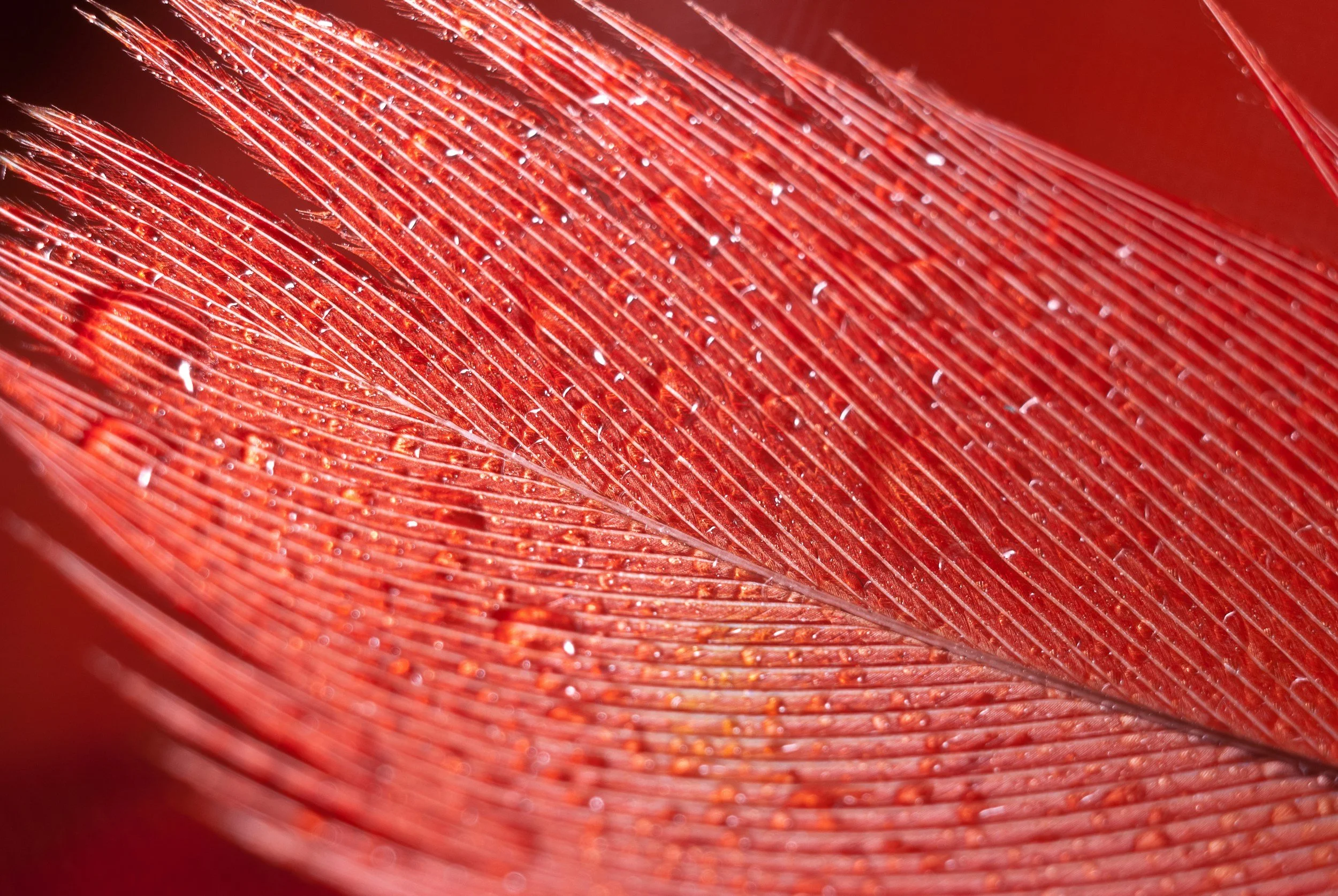
Skin Rejuvenation with Microneedling
THE TREATMENT
How much does it cost?
FULL FACE: 60,000 HUF
FULL FACE AND NECK: 80,000 HUF
FULL FACE, NECK AND DÉCOLLETÉ: 100,000 HUF
All prices are per session.
Treatment Procedure:
Personalized Skin Assessment
A detailed evaluation of your skin type, condition, and concerns to tailor the treatment to your unique needs.Gentle Cleansing
The skin is thoroughly cleansed to prepare for treatment and ensure optimal hygiene.Topical Anesthesia Application
A numbing cream is applied to ensure your comfort throughout the procedure.Microneedling Session
A precision device is gently glided across the targeted area, creating controlled microchannels to stimulate skin renewal.Infusion of Active Ingredients
Potent skin-rejuvenating serums—such as hyaluronic acid and peptides—are applied immediately after to penetrate deeply and boost results.
Benefits of the Treatment:
Smooths Fine Lines & Wrinkles
Stimulates natural collagen and elastin production, visibly softening expression lines and early signs of aging.Fades Scars, Including Acne Scars
Breaks down scar tissue and encourages skin regeneration, helping to reduce the depth and visibility of acne and other textural scars.Tightens and Refines Enlarged Pores
Improves pore structure by reinforcing the skin’s support matrix, creating a more even and polished complexion.Reduces Hyperpigmentation & Sun Damage
Promotes balanced cell turnover to fade discoloration, melasma, and uneven skin tone for a radiant, uniform glow.Improves Skin Texture & Luminosity
Enhances overall surface smoothness, leaving skin visibly more refined, soft, and light-reflective.Boosts Skin Firmness & Elasticity
Revitalizes aging or lax skin by triggering a healing response that tightens and lifts over time.Maximizes Absorption of Active Ingredients
Creates micro-channels in the skin, allowing deeper penetration of serums like hyaluronic acid, growth factors, peptides, and vitamins—for intensified results.
THE SCIENCE BEHIND MICRONEEDLING
-
Microneedling is a skin rejuvenation and “skin optimization” procedure that uses tiny, sterile needles to create micro-injuries in the upper layers of the skin. This process stimulates the skin’s natural collagen and elastin production, resulting over time in firmer, smoother, younger and healthier-looking skin.
-
Following the therapy, the skin may be sensitive and exhibit mild redness. It is important to avoid makeup for 24 to 48 hours and to minimize exposure to sunbaths and direct sunlight for at least one week. High SPF sunscreen (SPF 50) should be used diligently. Additionally, irritant ingredients such as retinol and azelaic acid should be avoided for a few days, and strenuous exercise, saunas, and swimming pools should be refrained from for 24 hours after treatment.
-
This treatment is not recommended in cases of active acne, skin infections, or herpes outbreaks. It is also contraindicated for individuals with bleeding disorders or blood clotting problems, during pregnancy and breastfeeding, and in the presence of autoimmune diseases affecting the facial skin.
-
Visible improvement can be seen even after one session, but lasting and noticeable results typically require 4–6 treatments spaced 6 weeks apart

